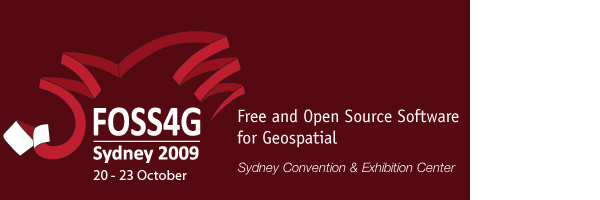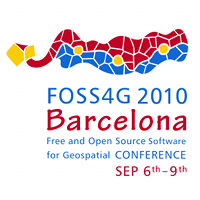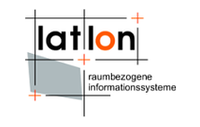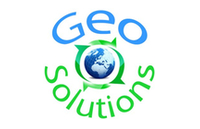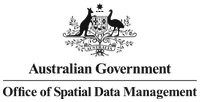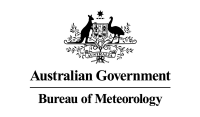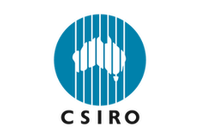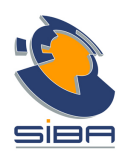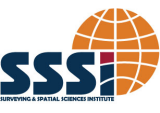|
Loading
|

Session files and videos from the conference program are now starting to be made available online. For presentations currently online please see the following pages:
Keynotes
Presentations
Academic Track
Tutorials
Workshops
Lightening Talks
Posters
Birds of a feather
Spatial Ignite
If you notice your presentation files are missing please don't hesitate to It may be an oversight or we may need you to send us your material again.
Thank you!
Sydney, Australia, was host to FOSS4G 2009 Conference, from Tuesday 20 - Friday 23 October, 2009 at the Sydney Convention and Exhibition Center .
Witness the Geospatial trends shaping today's IT industry
The international conference for Free and Open Source Software for Geospatial (FOSS4G) showcases the technologies, standards, case studies and geospatial trends up-heaving today's IT industry.
The past 5 years has seen an explosion of location based applications, driven through ubiquitous mobile platforms, extensive access of no-cost maps and data, crowd sourcing, development and uptake of solid spatial standards, integration of cross-agency data through Spatial Data Infrastructures, development and commercialisation of Geospatial Open Source software, cloud computing and more. At FOSS4G you will see the best international Developers, Policy Makers, Sponsors, Decision Makers and Geospatial Professionals discuss the latest geospatial applications, standards, government programs, business processes and case studies.
FOSS4G retains many of the engaging characteristics of its Open Source heritage. With Bird of a Feather sessions, code sprints, install-fests and impromptu project meetings, there is an unparalleled opportunity to take part in active communities and provide input into the direction for a variety of projects.
It is no surprise that standards and interoperability within Spatial Data Infrastructures feature prominently in the FOSS4G conference. Standards such as those offered by the Open Geospatial Consortium and ISO provide the framework that facilitates interoperability. Interoperability through Open Standards is a corner stone of FOSS4G where you will see Open Source and proprietary software working together in harmony.
Open Source communities are renowned for their responsiveness and helpfulness, and is now being backed by companies offering enterprise support debunking the myth that there is no one you can call to support Open Source. At FOSS4G, you can talk with the enthusiastic communities in workshops, install-fests, and between sessions, and meet the companies stepping up to provide enterprise support for Open Source products.
The Open Software development process permeates a refreshing level of honesty and forthrightness. Systems integrators can google email forums, issue trackers and source code so that there are no surprises found after deploying an open source application. In the same vein, FOSS4G is famous for its project comparison shootouts, which help users select appropriate products, and developers to identify areas they need to focus on.
It will be a compelling event for anyone who needs to know how Geospatial technologies are shaping tomorrow's IT landscape.
Presentations
Insightful and honest presentations from the worlds best in the Geospatial field.
Workshops and Tutorials
Interactive and hands-on walkthroughs of Geospatial Open Source Software.
The Climate Change Integration Plugfest (CCIP)
A demonstration of standards based interoperability between Open Source and Proprietary geospatial applications based on a Climate Change Scenario.
Birds of a Feather
Semi-organised meetings between like-minded groups.
Installfest
Community members will be helping delegates install a wide variety of FOSS software on delegates laptops.
Code Sprint
Weekend after FOSS4G: Passionate programmers + pizza + caffeine + whiteboards + wireless = great software advancements.
Venue - Sydney Convention and Exhibition Centre
The FOSS4G Conference will be held at the largest purpose-built facility in Australia, the Sydney Convention and Exhibition Centre (SCEC). The venue is nestled in 50 hectares of parks, gardens, museums, shopping malls and amusement areas.
Sponsorship and Exhibition
The FOSS4G Conference offers a dynamic opportunity to strengthen your organisation's exposure to your key target markets. This Conference brings together the people who create, use, and support open source spatial software. No other event brings together members of the open source development, open data creation, and open standards promotion communities like FOSS4G!
The Sponsorship & Exhibition Prospectus can be downloaded from the Conference website sponsorship .
For abstract & workshops submissions or to express your interest, please visit Workshops and Tutorials .
We look forward to meeting you in Sydney in October!
About OSGeo - Australia/New Zealand
The Australian and New Zealand chapter of OSGeo focuses on local issues such as promoting OSGeo principles at conferences and lobbying for and building open, local and geographic datasets.

